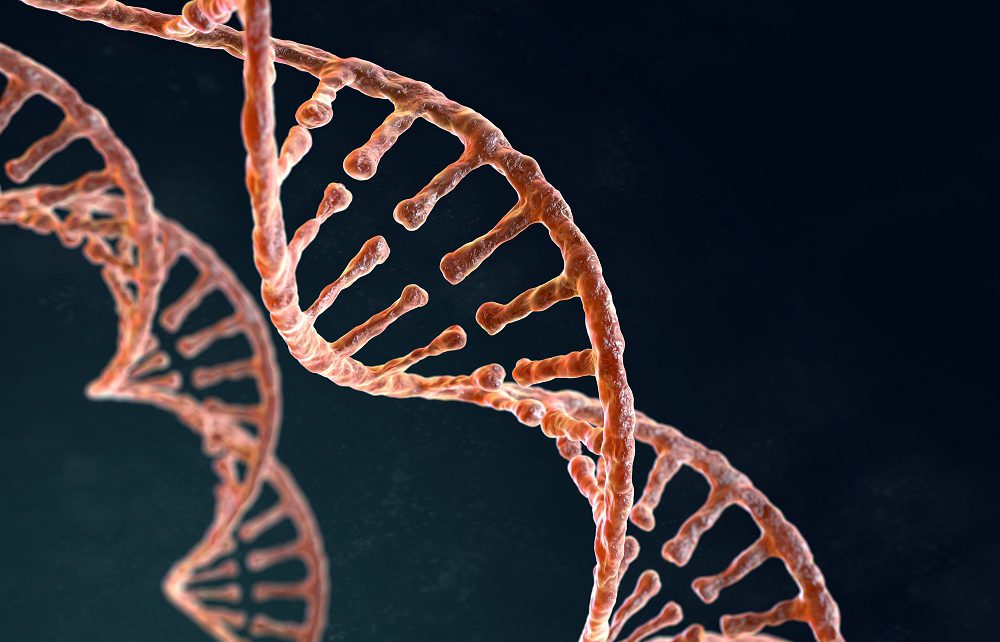
What is Preimplantation Genetic Diagnosis (PGD).When is it indicated?
Preimplantation genetic diagnosis (PGD) is a very useful tool in Assisted Reproduction for the genetic selection of embryos prior to their transfer to the maternal uterus. It allows the selection of healthy embryos for a large number of diseases and alterations, thus avoiding the transmission of hereditary diseases and the transfer of embryos that would not implant or that could lead to abortion.
Índice
In which cases is PGD indicated?
PGD is indicated mainly in cases of:
- Couples affected by or carriers of a genetic disease.
- advanced maternal age (greater than or equal to 38 years).
- Previous IVF failures.
- Women who have suffered 2 or more miscarriages.
- Previous pregnancies with abnormalities or children born with a disease.
- Altered genetic tests (karyotype, fish in sperm…).
- Severe male factor.
In which cases is PGD not indicated?
Although it is a common technique, and very useful, it is not always recommended from the onset in all cases. For example:
- Couples who have tried to achieve a pregnancy less than two years and in which none of the above situations exist. In these cases, traditional assisted reproductive techniques can be effective on their own, at least as a first choice.
- In those cases where even fulfilling criteria to carry out a PGD, it is technically not feasible to carry it out. For example, when oocytes are not obtained after egg retrieval or a very low number are retrieved. Neither when there is an embryonic blockage and therefore the possibilities of carrying out the PGD are nil. In these cases, other options such as egg donation or embryo adoption would be recommended.
- When assisted reproduction techniques are contraindicated for the patient, since in order to perform a PGD it is necessary for the patient to undergo a process of stimulation and prior egg retrieval that may not be feasible in certain medical circumstances.
- When a previous PGD cycle was performed with a good prognosis, in which all the embryos turned out to be healthy, and it was necessary to repeat the treatment because pregnancy was not achieved. In that case, the presence of chromosomal abnormalities in the embryo is ruled out as the main cause of infertility. Therefore, a new treatment should focus on implantation failure caused by other causes (immunological, endometrial receptivity, hormonal levels insufficient, etc …), making it not necessary to repeat PGD.
- When PGD is not possible to do it because it presents minimal possibilities of success.
- It is also important to note that PGD is not allowed for the sex selection of your future child. In Spain, (Act 14/2006) such selection is prohibited. It is only possible to select the embryos based on sex when it comes to diseases linked to the sex chromosomes, such as hemophilia or Duchenne’s muscular dystrophy.
Is PGD beneficial in Assisted Reproduction?
Undoubtedl, performing preimplantation genetic diagnosis is beneficial in assisted reproduction in many cases, provided that its use justifies or supports the success of the treatment. At Instituto Bernabeu we have a Unit specialized in “Genetic and Reproductive Counseling” which analyzes each case individually in order to guarantee the best results, with a single goal: achieve a healthy child at home.
